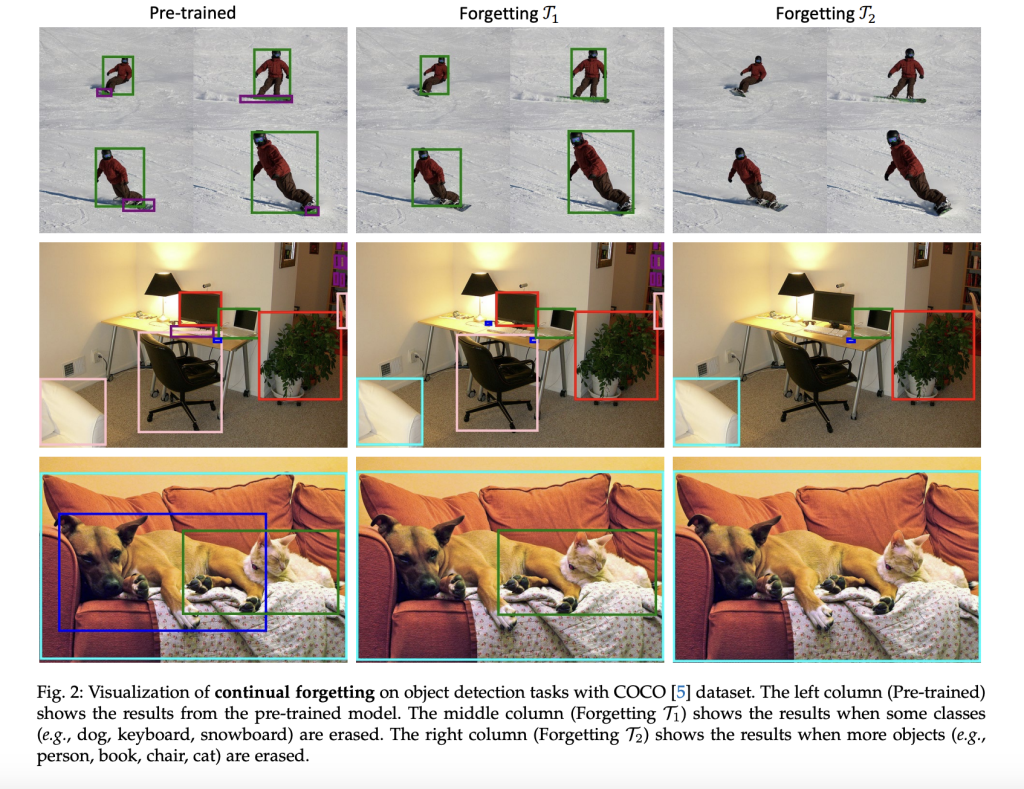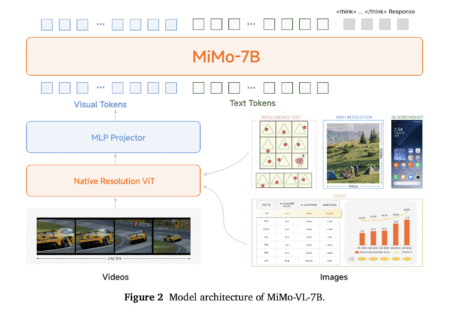

Pre-trained vision models have been foundational to modern-day computer vision advances across various domains, such as image classification, object detection, and image segmentation. There is a rather massive amount of data inflow, creating dynamic data environments that require a continual learning process for our models. New regulations for data privacy require specific information to be deleted. However, these pre-trained models face the issue of catastrophic forgetting when exposed to new data or tasks over time. When prompted to delete certain information, the model can forget valuable data or parameters. In order to tackle these problems, researchers from the Institute of Electrical and Electronics Engineers (IEEE) have developed Practical Continual Forgetting (PCF), which allows the models to forget task-specific features while retaining their performance.
Current methods for mitigating catastrophic forgetting involve regularisation techniques, replay buffers, and architectural expansion. These techniques work well but do not allow selective forgetting; instead, they increase the architecture’s complexity, which causes inefficiencies when adopting new parameters. An optimum balance between trade-off plasticity and stability must exist so as not to excessively retain irrelevant information and be unable to adapt to new environments. However, this proves to be a significant struggle, prompting the need for a new method that enables flexible forgetting mechanisms and provides efficient adaptation.
The proposed approach, Practical Continual Forgetting (PCF), has taken a reasonable strategy to deal with catastrophic forgetting and encourage selective forgetting. This framework has been developed to reinforce the strengths of pre-trained vision models. The methodology of PCF involves:
- Adaptive Forgetting Modules: These modules keep analysing the features the model has previously learned and discard them when they become redundant. Task-specific features that are no longer relevant are removed, but their broader understanding is retained to ensure no generalisation issue arises.
- Task-Specific Regularization: PCF introduces constraints while training to ensure that the previously learned parameters are not drastically affected. Adapting to new tasks it ensures maximum performance while retaining previously learned information.
To test the performance of the PCF framework, experiments were conducted across various tasks, such as recognising faces, detecting objects, and classifying images under different scenarios, including missing data, and continual forgetting. The framework performed strongly in all these cases and outperformed the baseline models. Fewer parameters were used, making them more efficient. The methods showed robustness and practicality, handling rare or missing data better than other techniques.
The paper introduces the Practical Continual Forgetting (PCF) framework, which effectively addresses the problem of continual forgetting in pre-trained vision models by offering a scalable and adaptive solution for selective forgetting. It has the advantages of being analytically precise and adaptable, showing strong potential in applications sensitive to privacy and quite dynamic, as confirmed by strong performance metrics on various architectures. Nevertheless, it would be good to validate the approach further with real-world datasets and in even more complex scenarios to evaluate its robustness fully. Overall, the PCF framework sets a new benchmark for knowledge retention, adaptation, and forgetting in vision models, which has important implications for privacy compliance and task-specific adaptability.
Check out the Paper and GitHub Page. All credit for this research goes to the researchers of this project. Also, don’t forget to follow us on Twitter and join our Telegram Channel and LinkedIn Group. Don’t Forget to join our 65k+ ML SubReddit.
The post Introducing GS-LoRA++: A Novel Approach to Machine Unlearning for Vision Tasks appeared first on MarkTechPost.
Source: Read MoreÂ





